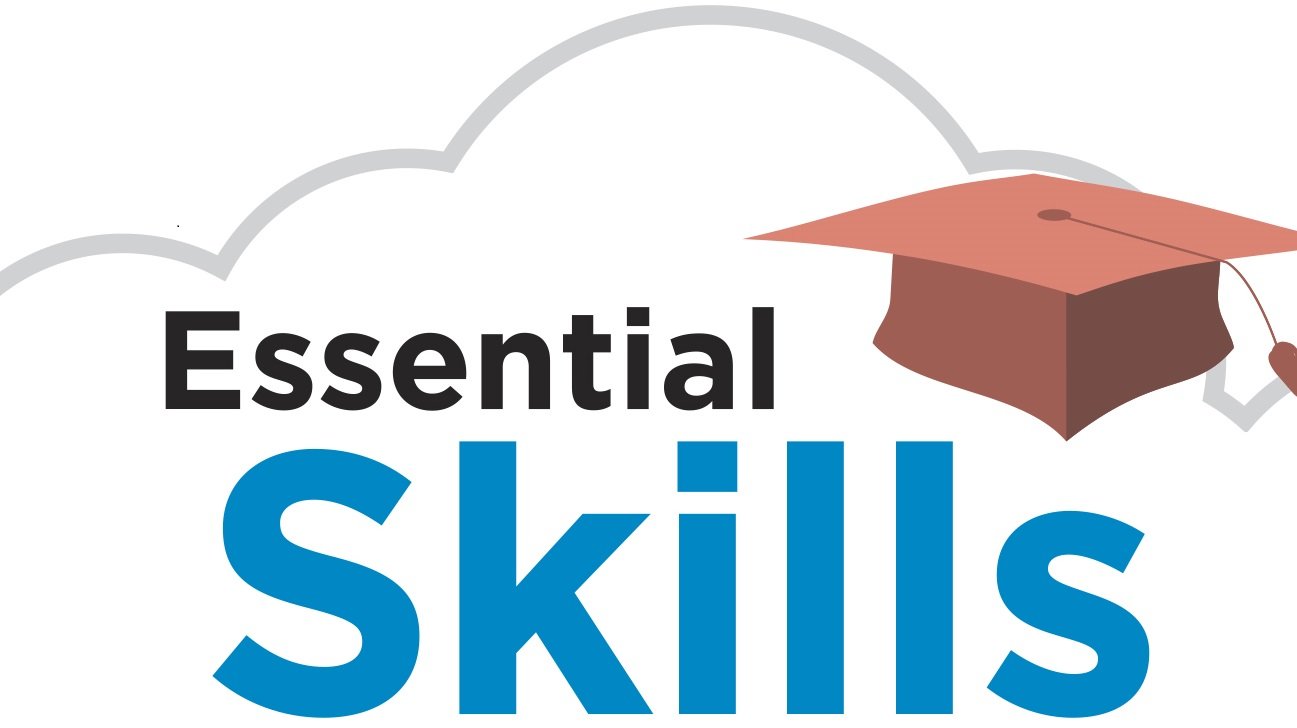Top Skills Every Medical Coder Needs in 2025
Medical coders play a crucial role in the healthcare system by ensuring accurate documentation, billing, and compliance with industry regulations. As the field evolves, staying updated with the latest skills and certifications is essential for career growth. If you’re considering a career as a medical coder in 2025, here’s a comprehensive guide to the skills and knowledge you’ll need.

The Role of Medical Coders
Medical coders serve as the bridge between healthcare providers and insurance companies. They analyze patient records, assign appropriate medical codes, and ensure that healthcare facilities receive correct payments for services rendered. Obtaining a medical coding certification from AMBCI enhances a coder's skills and credibility in the industry. Their work also contributes to medical research and healthcare analytics.
One of their primary responsibilities is compliance with regulations such as HIPAA, which safeguards patient information. Medical coders must remain vigilant in protecting sensitive health data while ensuring accurate documentation for billing and treatment purposes.
Key Responsibilities of a Medical Coder
Assigning Accurate Medical Codes – Coders translate medical records into ICD-10, CPT, and HCPCS codes to maintain standardization in healthcare.
Ensuring Compliance – They must adhere to legal guidelines, such as HIPAA and updated coding systems.
Maintaining Medical Records – Coders help keep electronic health records (EHRs) updated and accurate.
Collaborating with Healthcare Providers – They work closely with doctors, nurses, and insurance companies to clarify and verify coding details.
Staying Current with Updates – Since medical coding systems frequently change, ongoing education is essential.
Participating in Quality Improvement – Coders help refine documentation processes to enhance efficiency and accuracy.

Essential Skills for Medical Coders
Medical coders need a combination of technical expertise and attention to detail to ensure accuracy in coding. Here are the key skills needed in 2025:
1. Attention to Detail
A single incorrect code can lead to claim denials or legal issues. Coders must have a sharp eye for detail to ensure billing accuracy.
2. Proficiency in Medical Terminology
A strong understanding of medical terminology helps coders accurately classify diagnoses and procedures.
3. Knowledge of Coding Systems
Medical coders must be proficient in ICD-10-CM, CPT, and HCPCS coding systems. Keeping up with updates is essential.
4. Familiarity with Electronic Health Records (EHRs)
With digital record-keeping becoming standard, coders must be skilled in using EHR software.
5. Understanding of Computerized Healthcare Systems
Medical coding is increasingly automated, making it important for coders to navigate software tools for efficiency.
6. Data Security Awareness
Protecting patient data is crucial. Coders must understand cybersecurity practices and HIPAA regulations to ensure compliance.

Certification and Education Requirements
To become a certified medical coder, candidates must obtain a recognized certification. Certifications improve job prospects and validate expertise.
1. Importance of Certification
Employers prefer certified medical coders, as certifications demonstrate proficiency and commitment to the profession. Popular certifications include:
Certified Professional Coder (CPC)
Certified Coding Specialist (CCS)
Certified Inpatient Coder (CIC)
2. Educational Pathways
Medical coders typically start with a high school diploma, followed by:
Vocational training
Associate’s or bachelor’s degrees in health information management
Online certification courses
3. Practicum Experience
Hands-on experience is vital. Many training programs offer internships that count as work experience for certification exams.
Career Growth and Opportunities
Medical coding offers excellent career prospects with strong earning potential.
1. Employment Outlook
According to the U.S. Bureau of Labor Statistics (BLS), medical coding jobs are expected to grow 9% from 2023 to 2033, reflecting the increasing demand for skilled professionals.
2. Salary Expectations
As of 2025, the average salary for medical coders ranges from $50,000 to $80,000 annually, depending on experience, location, and specialization.
3. Job Placement Support
Many medical coding programs now offer job placement assistance, helping graduates transition into the workforce smoothly.
Advanced Training and Specializations
For career advancement, medical coders can pursue specialized certifications.
1. Specialized Coding Areas
Inpatient vs. Outpatient Coding – Inpatient coding requires detailed documentation for hospital stays, while outpatient coding covers procedures performed in clinics.
Medical Risk Adjustment Coding (HCC Coding) – Helps predict healthcare costs for insurers.
Oncology Coding – Focuses on cancer treatment coding.
2. Continuing Education and Microcredentials
Staying updated with coding changes is crucial. Microcredentials offer targeted training in niche areas, improving employability.
3. AHIMA and AAPC Training Programs
AHIMA and AAPC offer specialized training for medical coders looking to advance their careers.
Resources for Aspiring Medical Coders
Aspiring coders can access several resources for education and job readiness:
Online Training Programs – Flexible learning options are available through AAPC and AHIMA.
Study Materials and Exam Prep – Certification exams require updated coding manuals and practice tests.
Professional Organizations – Membership in AAPC and AHIMA provides networking opportunities and industry updates.
Six Less-Known Facts About Medical Coding
AI is Revolutionizing Medical Coding
Coders Can Work Remotely
Source: U.S. Bureau of Labor Statistics (BLS) - The BLS highlights that many medical coders work remotely, providing flexibility in work schedules and locations.
BLS Remote WorkIt’s Not Just About Billing
Source: American Academy of Professional Coders (AAPC) - Medical coding not only supports billing but also plays a key role in healthcare research, analytics, and improving patient care outcomes.
AAPC Research and CodingThere’s a Shortage of Skilled Coders
Source: American Health Information Management Association (AHIMA) - Reports suggest a growing demand for skilled and certified medical coders due to the expansion of healthcare services.
AHIMA Demand for CodersSome Specializations Earn Over $100,000
Medical Coders Help Detect Fraud
FAQs About Medical Coding
-
Most programs provide AAPC exam vouchers and study materials to help students prepare.
-
A high school diploma or GED is required. No prior experience is necessary.
-
Many programs offer one-on-one mentorship, tutoring, and job placement assistance.
-
Payment plans can start as low as $149 per month, making certification more accessible.
-
Some programs count practicum experience as two years of work experience, helping candidates qualify for AAPC exams faster.
Conclusion
Medical coding is an evolving field with growing career opportunities in 2025. By mastering medical terminology, coding systems, and data security, aspiring coders can build a successful career. Certifications, continuous learning, and specialization can enhance job prospects and earning potential. With demand for skilled medical coders on the rise, now is a great time to enter this profession.
If you’re looking to start or advance in medical coding, consider enrolling in a certified training program and obtaining industry-recognized credentials. With the right skills and dedication, you can thrive in this essential healthcare role!
